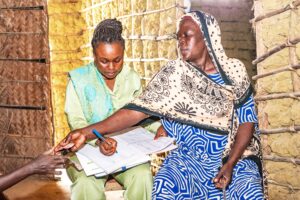In early 2024, Aqua-Farms Organization, in collaboration with USAID Heshimu Bahari, embarked on a transformative journey along the Southern Coast of Tanzania Mainland under the execution of the “Artisanal Fisheries Patterns Mapping” (AFPM) survey. The mapping aimed at gathering crucial insights from coastal communities within Marine Managed Areas such as Collaborative Fisheries Management Areas (CFMAs) and Marine Reserves and Marine Parks in order to contribute to the development of a science-driven framework for sustainable Marine Protected Areas (MPAs) and co-management of wild-caught fisheries in Tanzania Mainland and Zanzibar. The primary objective of this activity was to generate geographically referenced data that details the behavior of fishing activities based on different gear types within the southern coast of Tanzania stretching from Dar es Salaam to Lindi. The mapping covered 23 Management Areas including Marine Reserves, CFMAs, and MPAs, engaged about 108 Beach Management Units (BMUs), villages, and Village Liaison Committees. In order to accomplish this work timely, team effort was necessary, therefore:
A dynamic team of approximately 33 youth data collectors with backgrounds in Fisheries and Geographic Information System (GIS) were firstly recruited and underwent a series of training on data collection and digitization process in collaboration with Wildlife Conservation Society (WCS) and Heshimu Bahari. The training entailed: mapping fishing grounds, creating metadata for each area, evaluating relative usage by each BMU, and assigning ratings for overall use, fish productivity, and livelihood importance, community interaction and piloting. At the end of the training, the data collectors not only contributed to the project execution and success but also testified on having experienced personal and professional growth. Each team had designated leads for a respective Marine Managed Area which aided in fostering leadership skills and teamwork spirit amongst them.
The teams used 8-14 days of fieldwork in their respective CFMA’s to accomplish the assigned tasks and required deliverables on site, throughout all teams it was noted that: “Collaboration with local fishing communities is vital in achieving success of data collection”.
“Trust has to be earned by showing respect and engaging in respectful conversations” Paschal Temba, Team lead from PEPUKIBUGWA CFMA.
Various insights were gained during data collection and interactions which includes local knowledge exchange and data on the fishing grounds, the fishing gears, and the fish species; Fortunately, from this work, there was a great success on willingness of the local fishing communities to actively engage and participate in the fishing grounds mapping process which made the work fun and enjoyable for the teams involved, this was through the cooperation received from the fisheries officers and the local government authorities
Apart from data collection, other outcomes noted by the team included:
- Enhanced understanding of the challenges and opportunities faced by the particular local fishing communities.
- Established collaborative relationships between Aqua-Farms organization, USAID Heshimu Bahari and other stakeholders in the management areas.
- Captured knowledge of the fishing gears and fishing grounds through questionnaires and mapping exercises.
Despite the successes, the initiative faced several challenges, including power cuts, high transportation costs exceeding the budget, and unexpected additional expenses. However, in the face of adversity, the teams showcased remarkable resilience, creativity and maintained effective communication.
Miss Floriana Florian, Team Lead at SOMAKI CFMA, aptly summarized the approach to these challenges: “Being flexible is key; nothing is set in stone. Knowing when and how to adapt really helped.”
Some of the major lessons learned include recognizing the importance of embracing indigenous knowledge for achieving sustainable management areas. Additionally, employing familiar terms related to fishing gears and practices ensures the message is easily comprehensible and relatable which minimizes the risk of misunderstandings due to miscommunication. Lastly, the initiative highlighted the significance of respect and empathy in conducting community discussions, acknowledging the importance of understanding and valuing the perspectives of local communities.
“Indigenous knowledge can play a pivotal role in identifying ecologically sensitive areas and guiding sustainable management practices. This not only promotes the conservation of marine resources but also supports the livelihoods of fishing communities.” – Joyce Mganga, NYAMASIPOJA CFMA Team Lead
The insights gathered from this survey will form the bedrock for identifying locations to establish No-Take Fisheries Replenishment Zones (FRZs). This success story goes beyond mapping patterns; it’s about crafting a sustainable future for marine resources and the communities that rely on them, this is in total alignment with Aqua-Farms Organization vision of apprehending coastal communities’ livelihoods while championing marine conservation, we look forward to working further with USAID Heshimu Bahari, local fishing communities and other stakeholders in realizing this vision for our country.

